I do, however, vividly remember the feeling of July 15th, 1979. In my house there had likely been a split vote in 1976, as my parents had somewhat differing political views. By the middle of 1979, however, there was definitely a concerted feeling in our household that the nation was simply on the wrong track, and that our country was lacking the kind of leadership we desperately needed at the time. We were still about 4 months away from the Iran Hostage Crisis, in which 52 U.S. Embassy staff in Tehran would be held hostage by Islamic militants for 444 days, but Iran was already a looming crisis in the news almost daily, as a once pro-U.S. government had already been toppled by Muslim extremists in January of 1979, after President Carter had refused to support the pro-U.S. Shah of Iran through the turmoil of the time. Unemployment in the U.S. was inching upward of 7%, but the fiscal crisis' of the day were inflation, which stood at a whopping 11.3%, and interest rates, which hovered around 20%. The overall economic situation resulted in unprecedented "stagflation", a term coined by economists which described the combination of climbing prices and stagnant economic growth.
Probably the most visible sign that "all was not well" in the United States, were the skyrocketing gasoline prices and long gas lines caused by supposed "shortages" that were more the cause of distribution problems than any real oil shortage. In the United States, we were already importing a good percentage of our petroleum from overseas sources, and in an effort to hold the U.S. hostage financially, the OPEC nations decided to "flex their muscle" in an attempt to boost oil prices, thus increasing their profits.
While many of the negative forces that shaped the Carter Presidency were out of his control, as the economic groundwork had been laid by previous congressional meddling in the free-market system, the response to those forces could be laid directly at his feet. Carter's weak and waffling foreign policy, which was all his, allowed nations, which if not friends of the U.S., were at least respectful of U.S. power, to feel the urge to confront America in a variety of ways, both directly and economically. Carter's attempt at "detente" with the Soviet Union, which showed hard-line leaders in Moscow that the U.S. was weakening it's firm stance against Communism, led to the invasion of Afghanistan by Soviet forces in 1979.
 Carter also often governed against the will of the people. Moves such as the Panama Canal giveaway, proposed fuel rationing, increased taxes, and his previously mentioned refusal to support the Shah of Iran, were unpopular with the American citizenry. Overall, Carter's domestic and foreign policy blunders led to an impression among U.S. citizens, and the world, that America was a nation in decline.
Carter also often governed against the will of the people. Moves such as the Panama Canal giveaway, proposed fuel rationing, increased taxes, and his previously mentioned refusal to support the Shah of Iran, were unpopular with the American citizenry. Overall, Carter's domestic and foreign policy blunders led to an impression among U.S. citizens, and the world, that America was a nation in decline. Carter created both the Department of Energy, and the Department of Education, which were seen by many as great expansions of Federal power over areas where the Feds had no business. What's more, he did it during a time when the nation's economy was floundering, and the public saw expansion of government, and increased government spending, as contrary to prudent fiscal policy.
All of this led to a dismally low 28% approval rating for President Carter one month before he made what he called the "Crisis of Confidence" speech, but which came to be known as the "Carter Malaise Speech". Let's head back to July, 1979:





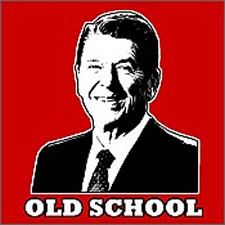
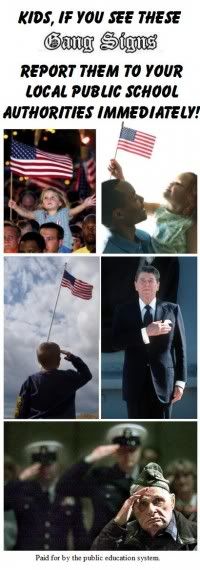


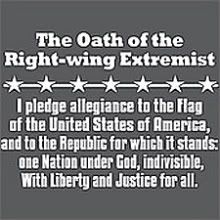





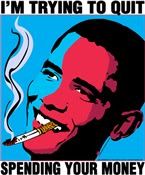


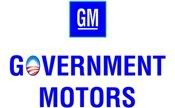
OMG...and it was down hill from there. We've all had our heads up, you know where, and like spoiled children, not listened. Do you think they will now?
ReplyDeleteListened to whom, Carter? He was a naive President.
ReplyDeleteIt took us a Carter to get us a Reagan.
Who will be the next Reagan?